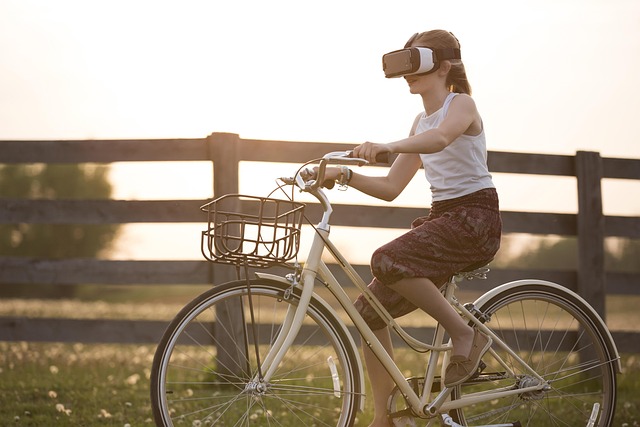In a rapidly evolving digital age, the concept of virtual educational systems is transforming the way we perceive learning and teaching. Technology is no longer just an adjunct to education; it now serves as a foundational pillar that promises to enhance our educational experiences through immersive technologies like Virtual Reality (VR), Augmented Reality (AR), and the Metaverse.
Virtual Reality: Immersion in Learning
Imagine stepping into a classroom where your surroundings shift into any historical era, scientific phenomenon, or geographical location you can think of. This is the powerful potential of Virtual Reality in education. With VR, students can experience lessons beyond the confines of textbooks. They can virtually walk through ancient Rome, conduct chemistry experiments in a lab without the risk of real-world dangers, or simulate experiences that might be logistically impossible in real life. The ability to immerse oneself in a three-dimensional space not only enhances engagement but also fosters deeper understanding and retention of information.
Augmented Reality: Enhancing Reality with Layers of Information
Augmented Reality takes a different approach by overlaying digital information onto the real world. This technology enables students to interact with their environment in novel ways. For instance, point your tablet at a textbook illustration, and suddenly it springs to life with animated 3D models and interactive explanations. AR enhances learning by providing contextual information in real-time, making it easier for students to grasp complex concepts. Imagine walking through a botanical garden and using AR to identify plants, their biological processes, and ecological importance, all while enjoying nature!
The Metaverse: A Shared Educational Space
The concept of the Metaverse represents a convergence of VR and AR, creating a shared, immersive digital universe where real-time interaction can occur. In this virtual realm, educational institutions are beginning to establish their presence, offering students a space to collaborate, explore, and learn together. Students from around the globe can gather in virtual classrooms, share projects, and participate in simulations, thus broadening their cultural perspectives and building a sense of community that transcends geographical boundaries. The Metaverse has the potential to break down traditional educational barriers, democratizing access to resources and knowledge.
Reimagining the Future of Education
As we dive deeper into the possibilities offered by virtual educational systems, it’s clear that the future of education is not merely about integrating technology; it’s about reinventing the very essence of teaching and learning. The immersive experiences made available through VR, the contextual enhancements provided by AR, and the collaborative spirit of the Metaverse all signal a shift towards a more engaging, personalized, and inclusive educational landscape. These advancements cultivate curiosity, creativity, and critical thinking, preparing students for a future that is as dynamic as the technologies they will employ.
The journey into the future of education is just beginning, but the promise of transformative experiences through technology holds great potential. By embracing virtual educational systems, we open the door to a learning process that is interactive, inclusive, and infinitely rewarding.



